Remembering Gordon Wenham
Welcome to my newsletter, ‘Bible, Mission, and More’, where I share what’s on my mind as I teach, research, and write on the Bible and mission, children-at-risk in the Bible and contemporary society, Psalms and Wisdom Literature, and a range of other topics. I teach at All Nations Christian College in the UK, though views are my own. You may also like to check out my Bible and Mission website.
Remembering Gordon Wenham
I was fortunate to be taught by ‘the two Gordons’ during my postgraduate studies at the University of Gloucestershire: Gordon McConville and Gordon Wenham. In this week’s post I wanted to share some memories of and appreciation for Gordon Wenham, who passed away recently.
When I was looking for where to do an MA in Biblical Studies I came across a faculty listing for the University of Gloucestershire, a relatively small University but with a stellar Theology department. As well as the two Gordons, for example, I had the privilege of being taught by the likes of Andrew Lincoln and Melissa Raphael. So Gordon was one of the reasons I came to Gloucestershire in the first place, which led to me being involved at Redcliffe and, subsequently, All Nations.
Gordon had an internationally recognised reputation for excellent scholarship, publishing major works on Genesis and Leviticus, but also reflecting a lot on ethics, narrative, and Psalms. He clearly had a deep love for the Scriptures and for the Church. Although a person of outstanding knowledge and technical ability he had a gift for explaining issues in an accessible way. Fully cognisant of traditional methods of biblical scholarship he had an infectious excitement about some of the more recent developments, such as narrative and canonical approaches.
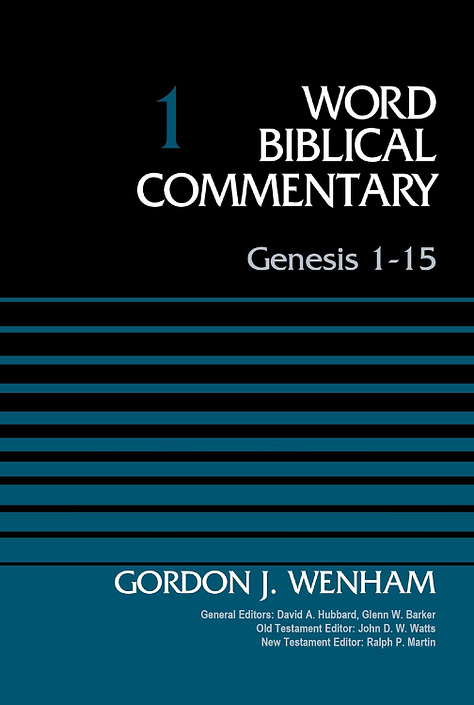
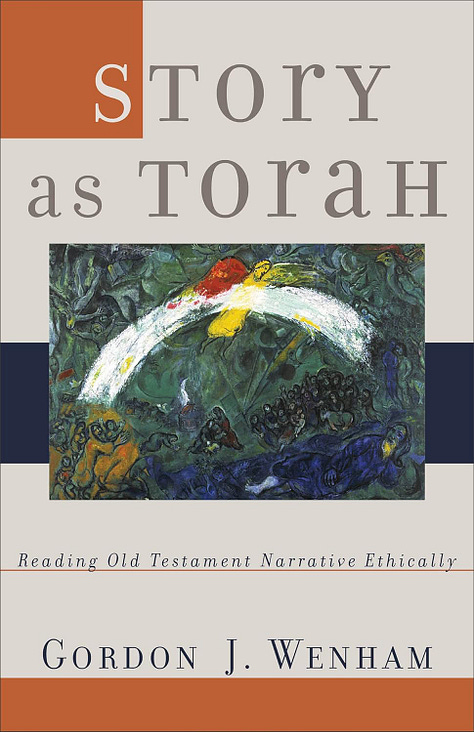
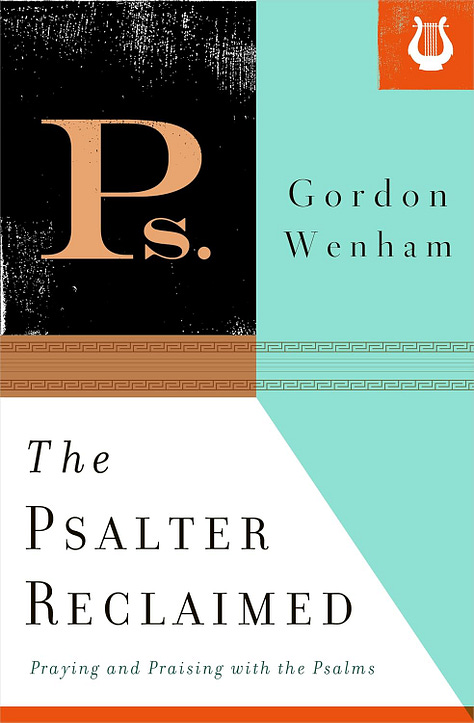
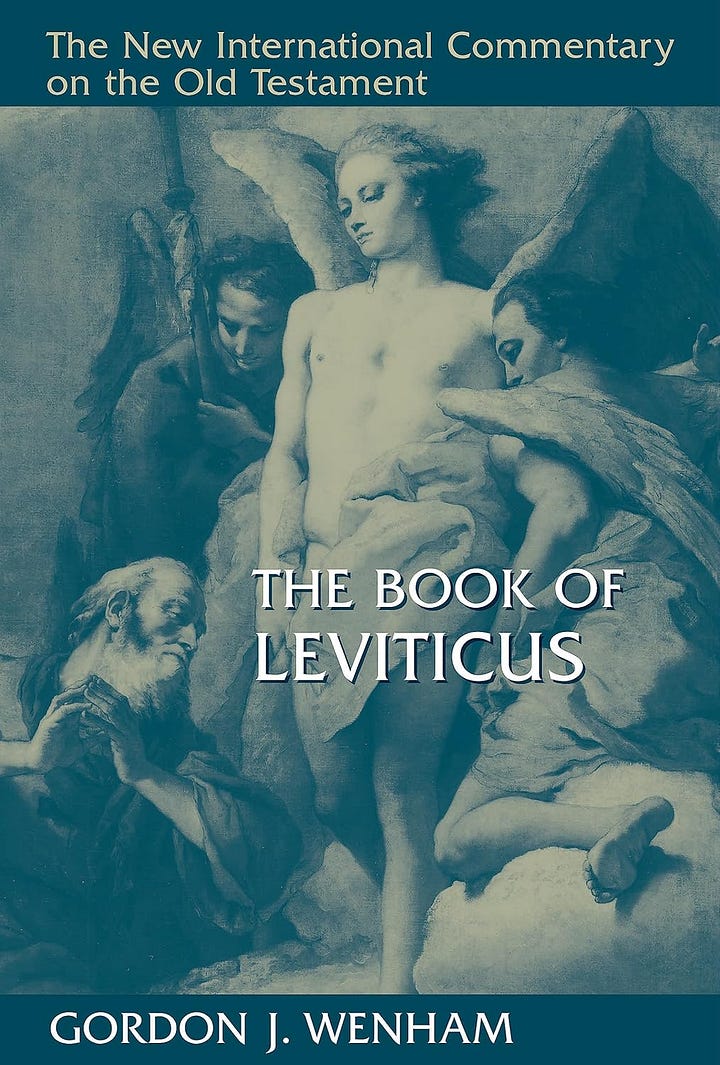
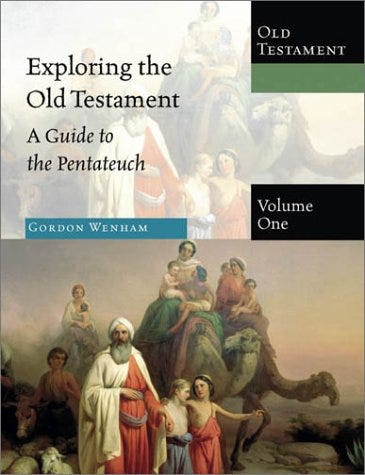
He had a wonderful sensitivity to the nature of biblical story. I have a vivid memory of one lecture he gave on narrative criticism where he brought out the genius of the biblical storytellers so well. He asked us to read the story of David and Bathsheba (2 Sam. 11) and consider whether or not Uriah knew what had happened, and how this might make sense of some of his choices in the story. I left that class buzzing; honestly, it felt like my eyes had been opened to new and exciting ways of reading the Bible. I also remember his teaching on sacrifice that helped us to see the importance of ritual in the OT, drawing on the anthropological work of Mary Douglas to highlight the significance of ritual. It helped me to see more connection between myself and the people in the Bible as people.
Speaking of sacrifice, during that time I came across an article Gordon had written on teaching the OT in a secular university context. ‘Teddy-Bear Sacrifices: Selling the Old Testament in a Religious Studies Department’ was his contribution to the volume, Make the Old Testament Live: From Curriculum to Classroom (Eerdmans, 1998, edited by Gordon and Richard Hess). As the title suggests, Gordon would ‘sacrifice’ a cuddly toy to make the teaching on Leviticus memorable. I thought, ‘well, I have to try this!’ and did so with my own students to great effect. Having purchased two cuddly sheep (I couldn’t find any goats), one was sacrificed and then a student would have to run across the college grounds with the spared one to take it into the ‘wilderness’.
Gordon’s WBC commentary on Genesis is one I still regularly return to. It was an important touchstone for my doctoral work on missional hermeneutics when establishing the polemical nature of the Old Testament and the way the biblical writers were contending for a Yahweh-shaped worldview over and against alternative claims to deity.
Although perhaps less well known for his work on Psalms, Gordon was wonderful to listen to on the topic, especially applying canonical approaches to the book. Back in 2010 we invited him to give the Redcliffe Lecture in Bible and Mission on the topic, ‘The Nations in the Psalms’. This was later published in Redcliffe’s mission journal (and also in his volume, The Psalter Reclaimed: Praying and Praising with the Psalms). Gordon was an adept interpreter of the Psalter, showing how we can see progression from one psalm to the next. You can read the lecture (and a series of responses and related essays on mission in the Psalms) here:
The Psalms and Mission – Encounters Mission Journal issue 33 (June 2010)
Another time I asked Gordon to give a guest lecture to my Psalms class at Redcliffe. I was expecting a thorough exploration of a psalm or two, which we certainly received. What I didn’t expect, though, was a heartfelt, tearful reflection on how the psalmist’s themes related to the persecuted church today. It turned out he had been reading about and praying for the persecuted church that morning and so brought that burden with him into the classroom.
I think what I appreciated most about Gordon Wenham was his integrity; by that I mean the way his life was joined up. Yes, he was incredibly learned, prolific, and enormously respected in his field. But he found a way of working that out with kindness, generosity, humility, and a love for God, his word, and his Church. We won’t all achieve the former, but we can all strive for the latter.
Thanks for joining the journey and see you next week,
Tim



